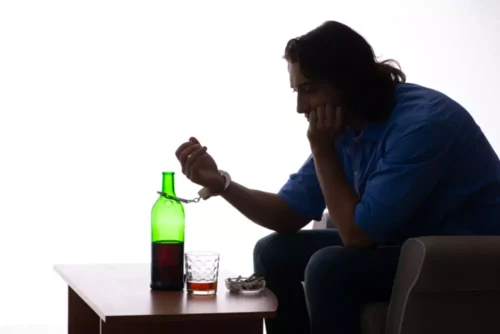
So that espresso martini or Irish coffee might end up making you need the bathroom. Drinking a lot of low-alcohol drinks can also add up to a very thirsty evening, though. One standard drink, according to American Addiction Centers, should contain around 0.6 ounces of pure alcohol. You can get that amount from 12 ounces of beer with 5% alcohol, 8 ounces of malt liquor with 7% alcohol, one shot (or 1.5 ounces) of hard liquor with 40% alcohol, or 5 ounces of wine with 12% alcohol.
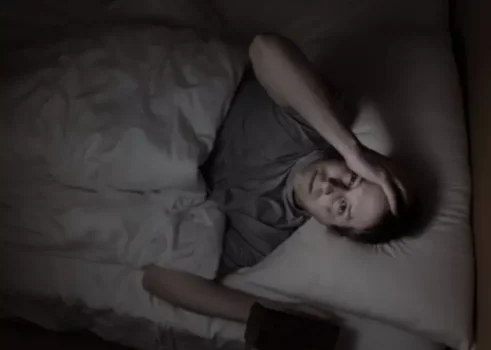
Caffeinated drinks
- You lose fluids when you urinate, sweat, breathe, and have bowel movements.
- Moderating your intake of energy drinks and alcoholic beverages is an easy way to prevent dehydration.
- Eating food before or during drinking can help slow down the absorption of alcohol into the bloodstream, which can reduce its dehydrating effects.
- They generally contain high levels of caffeine and sugar and may contain other added ingredients that stimulate the kidneys and act as a diuretic.
- But just because a drink has a lower ABV (alcohol by volume), it doesn’t mean you have carte blanche to pound beers all night.
You might not link a cold to a night of drinking, but there might be a connection. Alcohol puts the brakes on your body’s defenses, or immune system. Your body can’t make the numbers of white blood cells it needs to fight germs. So for 24 hours after drinking too much, you’re more likely to get sick.
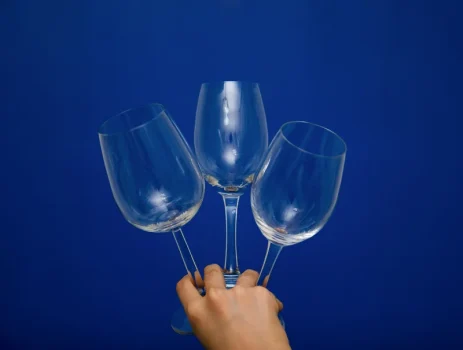
Does rehydration help reduce hangovers?
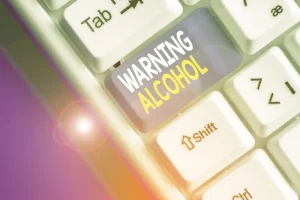
When a person is dehydrated, the reduced blood volume makes the heart beat faster, which can cause palpitations. An imbalance in electrolytes from fluid shifts also contributes to the manifestation of heart palpitations. Moderating your intake of the beverages listed above and drinking plenty of water does alcohol dehydrate you can help prevent dehydration. Listening to your body and learning to recognize signs of dehydration can also be beneficial. According to a small study in 11 men, consuming beer with a 5% alcohol content after exercise increased urine output significantly more than consuming a sports drink did (10).
Alcohol and energy drinks
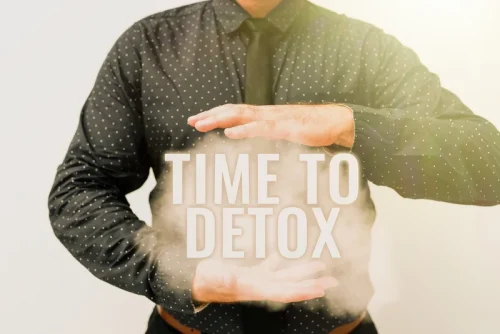
Alcohol works as a diuretic largely because it suppresses the release of a hormone called vasopressin, which is also known as antidiuretic hormone. With less vasopressin in your system, the body excretes more water, which in turn causes you to pee more (2). Alcohol can cause dehydration, disrupt sleep, interfere with energy production, and alter the body’s acid-base balance, all of which impact overall health and well-being. While it can be tempting to consume alcohol on a hot summer day, the combination of high temperatures and alcohol can cause considerable fluid loss and dehydration. Occasional alcohol-related dehydration tends to manifest in symptoms commonly known as a hangover and can typically be managed without medical attention. When muscles and organs are deprived of water, they can shrink—including the brain.
- Luckily, it’s easy to prevent these symptoms with a few lifestyle changes.
- It’s also worth considering how you’re feeling prior to drinking alcohol or caffeine as both could exacerbate existing conditions.
- Alcohol consumption has been linked to increased risk of chronic diseases such as cancer and heart disease.
Drinking heavily for a long time has been linked to hearing loss. Alcohol throws off the normal speed that food moves through them. That’s why hard drinking can lead to diarrhea, which can turn into a long-term problem.
Long-Term Effects of Alcohol Dehydration
- Alcohol decreases the amount of ADH your body produces, making it harder to retain enough fluids.
- Although many people know what dehydration is, few understand the reasons why it develops.
- When your body can’t get rid of acetaldehyde quickly enough, you may experience your body getting rid of this substance the next morning (usually by vomiting) [5].
- Alcohol will dehydrate you, which has adverse effects both in the short and long term.
- For example, research from 2017 found that in elderly men at risk of dehydration, moderate consumption of high alcoholic beverages such as wine and liquor caused a diuretic effect.
- There are mixed opinions on whether exercise can help your body metabolize alcohol more rapidly (most likely, it can), but it’s worth a try and it’ll likely help you sober up.
- If you have a full stomach, it can essentially slow down the absorption of alcohol.